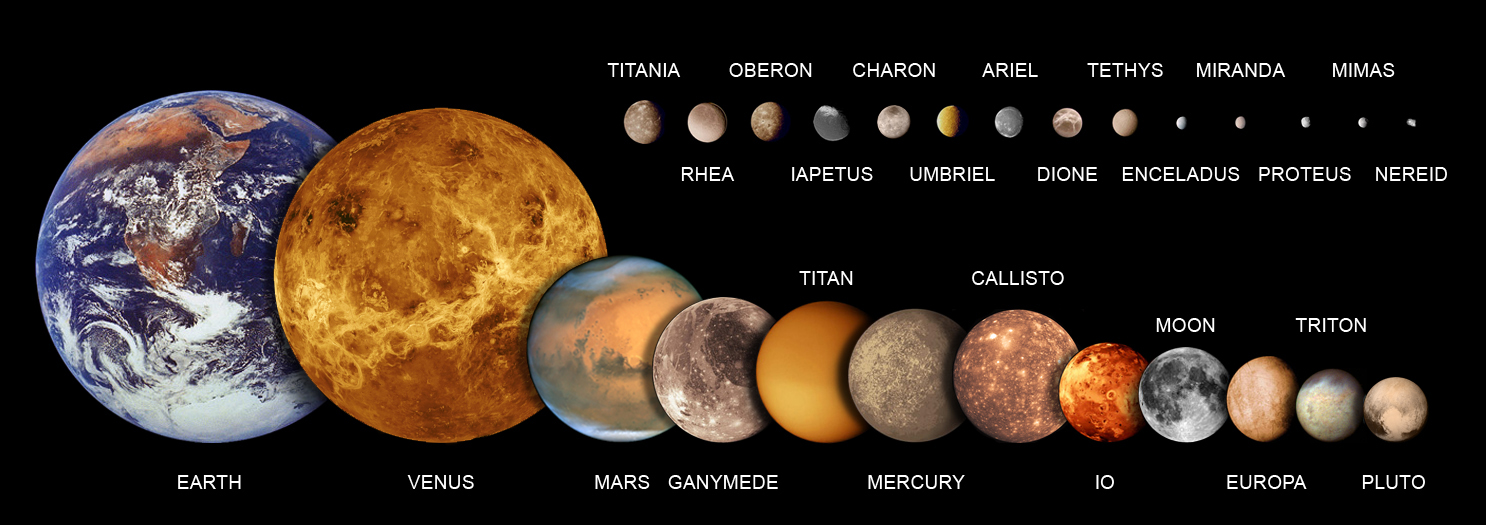Understanding Earth’s Mass–The Basics
Earth’s Mass Explained in Simple Terms best info 2025 When we ask, “How heavy is Earth?” we’re getting into one of the most intriguing scientific measurements. However, Earth does not stand on a gigantic scale, so how can scientists figure this out? The mass of Earth is estimated using the laws of gravity. the number is staggering: Earth Mass approximately 5.972 x 1024 kilograms, or about 13,170,000,000,000,000,000,000,000.
It’s a five, which is followed by 24 zeros in kilograms, For a better picture, that’s 80 percent of the Moon’s weight. Which the Moon’s weight, which is the reason that provides Earth with its gravitational force that holds everything, people and oceans, air, and satellites, in position. This isn’t just for the sake of it. It plays an important role in advancing space research and climate sciences, and in understanding how the planets interact in the Solar System.
But remember that “weight” depends on gravity, and the gravity of the Earth varies in different places. Therefore scientists tend to speak of mass that remains in the same place no matter where on Earth it is.
How Did Scientists Figure Out Earth’s Mass?
The background behind measuring Earth’s mass is as intriguing as the actual number. In 1798, British science guru Henry Cavendish conducted a renowned experiment with a device he called “the torsion ” balance.” The goal of his experiment was to determine the gravitational attraction that exists between lead spheres. Then, from that measurement, calculate how much gravity is constant (G). A key part of the equation that determines Earth’s mass.
Cavendish did not actually “weigh” Earth, but he provided the world with the instruments to accomplish this. By applying Newton’s universal law of gravitation and then observing how objects fall or orbit Earth. Scientists could reverse engineer their mass. Modern satellites and instruments have honed science. However Cavendish’s work remains among the most significant scientific accomplishments.
The most amazing thing is the fact that this information can help us anticipate planet and spacecraft behavior, launch spacecraft, and even learn about black holes. This is an excellent illustration of how physics can unlock universe mysteries with basic tools.
How Does Earth’s Mass Compare to Other Planets?
Earth might seem massive to us, but within our solar system, it’s actually an average weight. Consider Jupiter, for instance. It’s 317 times larger than Earth! Saturn is about 95 times heavier than Earth. And even Neptune and Uranus are much heavier than our planets.
However, Earth has a place in the universe. Even though it’s less massive than the gas giants, Earth is the most dense of the planets in our solar system. That’s right! Earth has more substances packed into its size than any other planet. This is the reason Earth has strong gravity at the surface. Which maintains the integrity of our atmosphere and allows living things to flourish.
This contrast places Earth in perspective: it’s not the largest planet, but it’s balanced for living. While huge gas giants might dominate their weight. They aren’t able to host liquid ground, solid water or even breathable air as Earth is able to do.

Why Knowing the Earth’s Mass Matters
Then, why should we care about how massive the Earth is? Knowing the mass of Earth helps us understand gravity forces. That are vital in nearly every area of engineering and science. It impacts everything from tide forces created by the Moon. The Moon to the way GPS satellites remain in orbit and how we can predict the path of an asteroid. An asteroid.
It also lets scientists create simulations of situations on less populated planets. To understand, for instance, how we might travel on Mars, it is necessary to compare Mars’ gravity. which is based on its mass with Earth’s. It’s also crucial in the field of climate science, as knowing the weight distribution of Earth can help detect changes in ocean levels. Even the movement of tectonic plates.
Beyond that, the mass of Earth can determine the stability of its orbit within the Sun. The way it interacts with other celestial objects. Without these calculations, space travel is not possible. Our understanding of our universe could be extremely restricted.
The Mind-Blowing Conclusion
The Earth is incredibly heavy inconceivable massive but it’s not just about the size of the Earth. The accuracy of Earth’s mass calculation is an achievement of scientific and human curiosity. With a weight of six septillion kilograms, Earth is not just a speck floating in space. It’s a balanced planet that supports life, holds our atmosphere and plays a crucial part in the gravitational dance of our solar system.
The next time you gaze towards the heavens or feel the gravitational pull. Remember that the Earth was huge, old, a long time ago, and incredibly intricate. This is the shocking fact about how massive and heavy the Earth is. I hope you will enjoy this Article How Heavy Is Earth? The Mind-Blowing Answer 2025.

